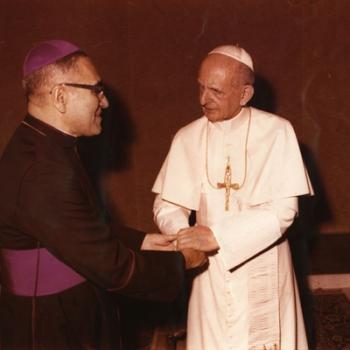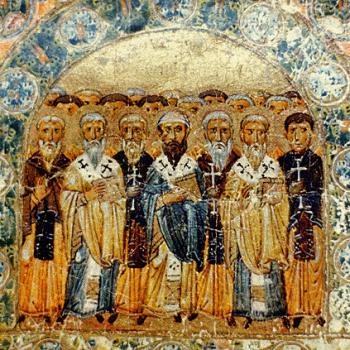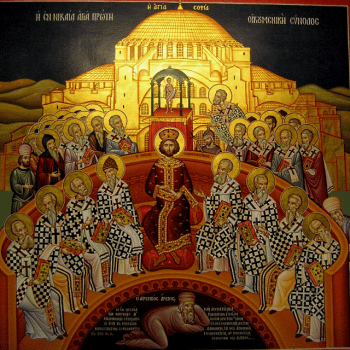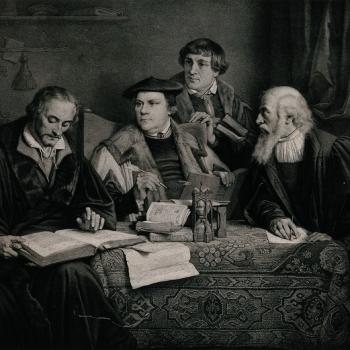The fully developed theory of infallibility cannot be “proven” — it is a matter of faith. But the principles behind it can be. I deal with various facets of infallibility on my Papacy web page. As usual, it is an accumulation of many individual evidences and indications that make it compelling. All the evidence taken together make it exceedingly “probable” (from a standpoint of human reason alone. I think Newman’s Essay on the Development of Christian Doctrine remains the best treatment... Read more




















